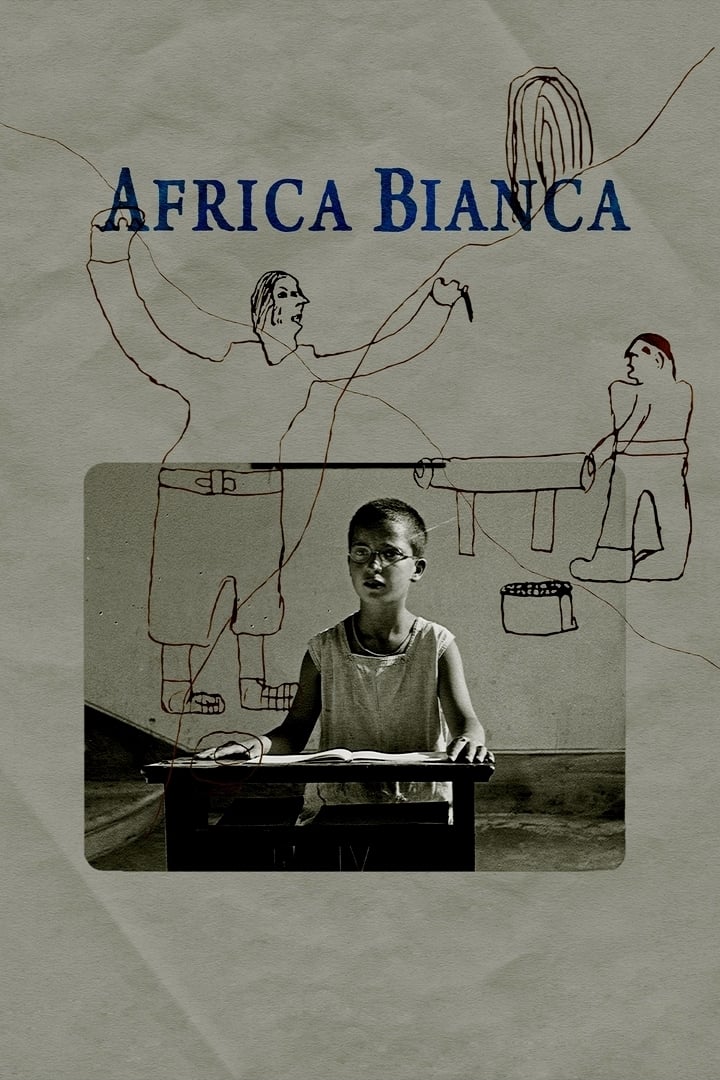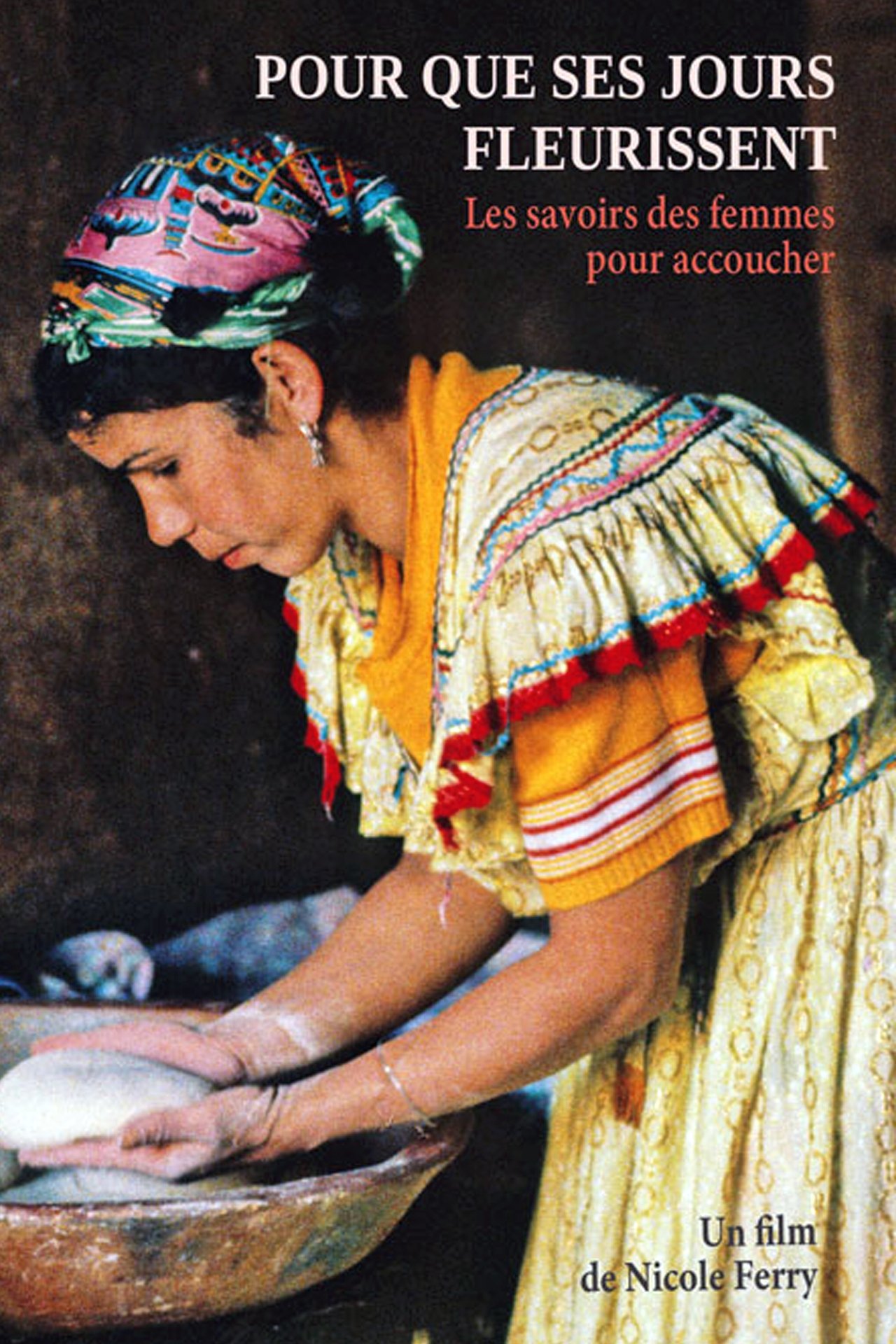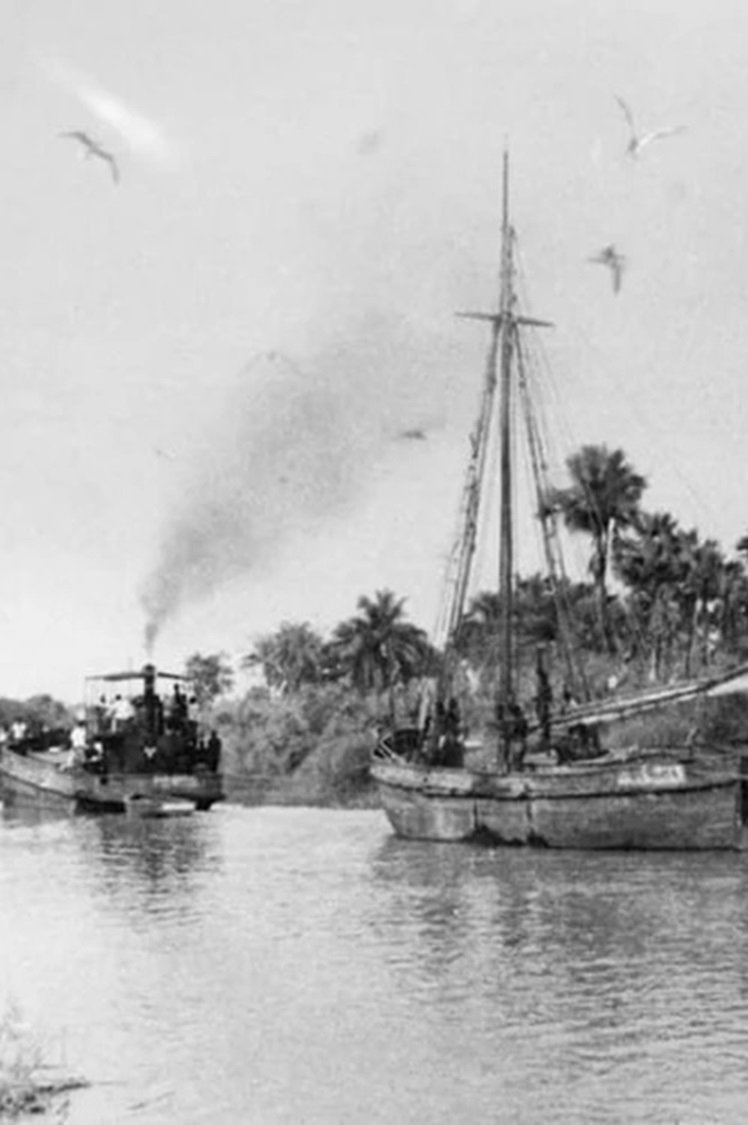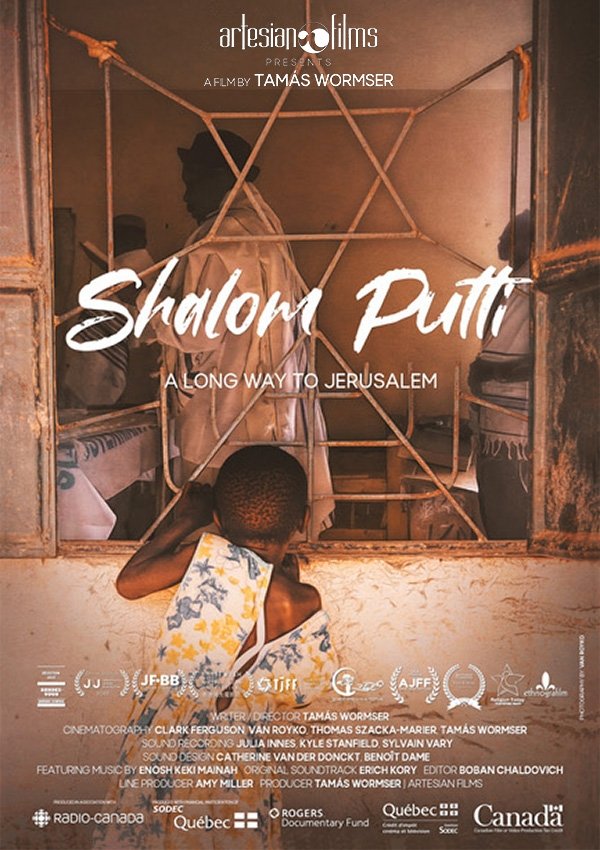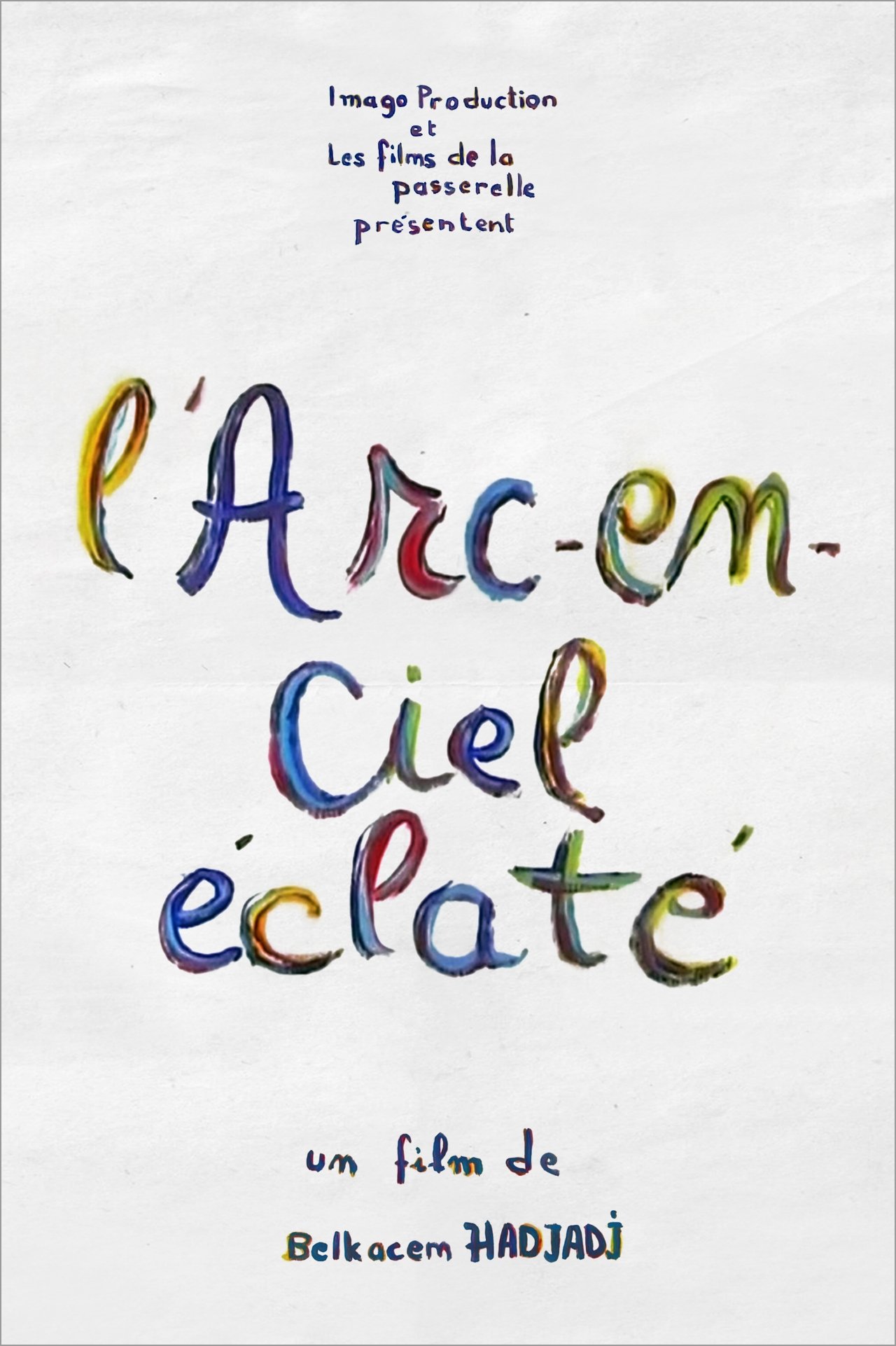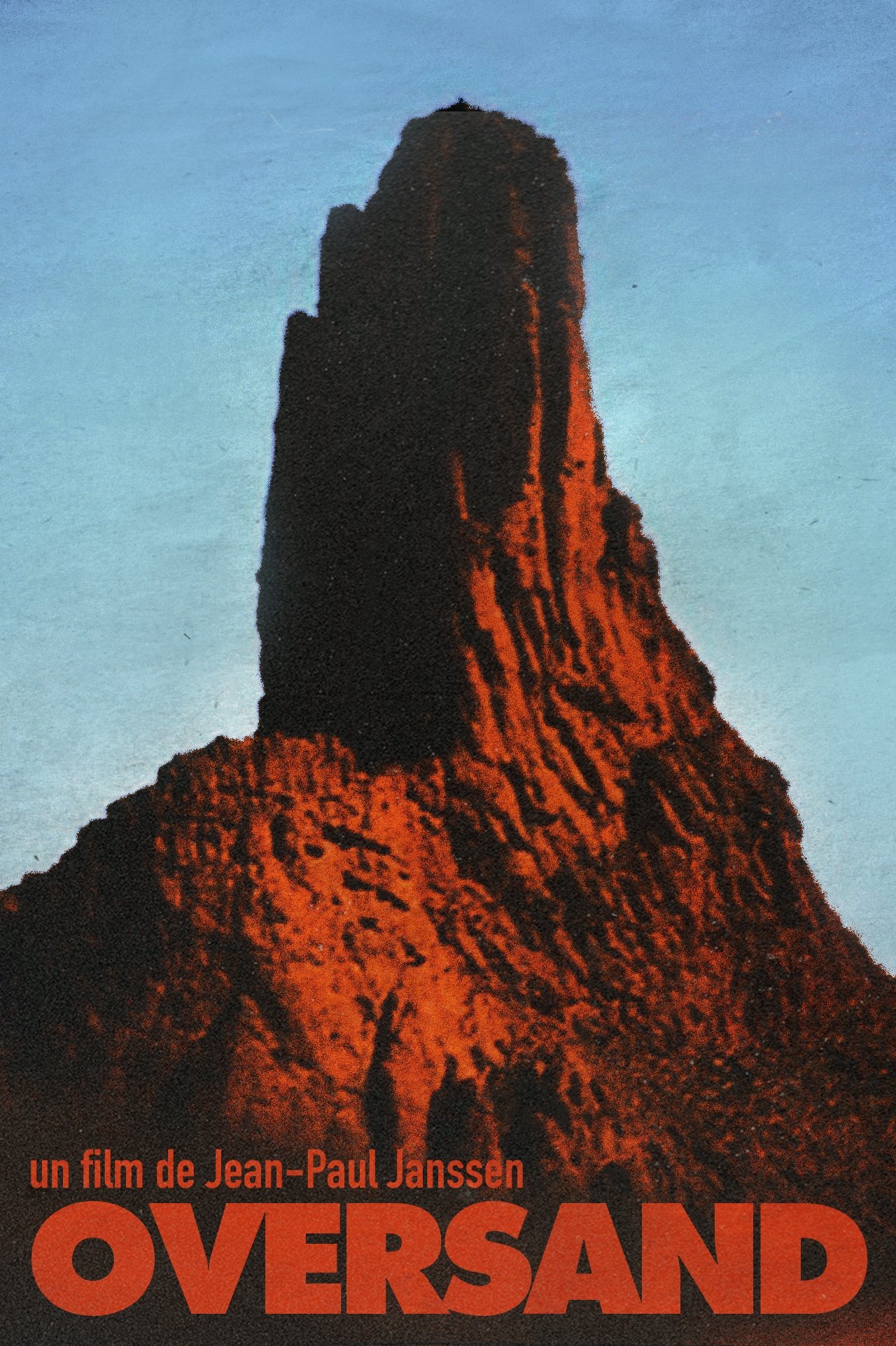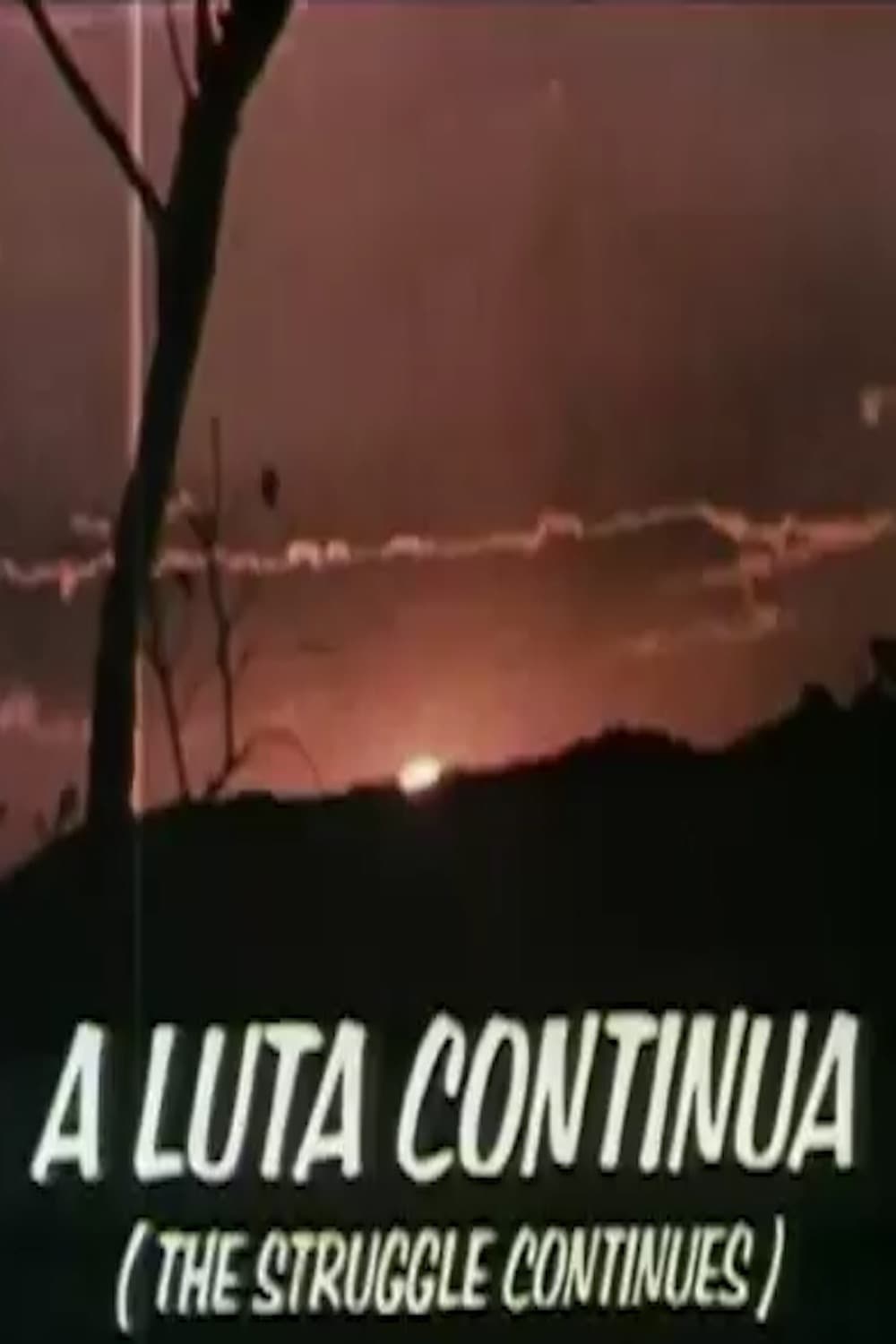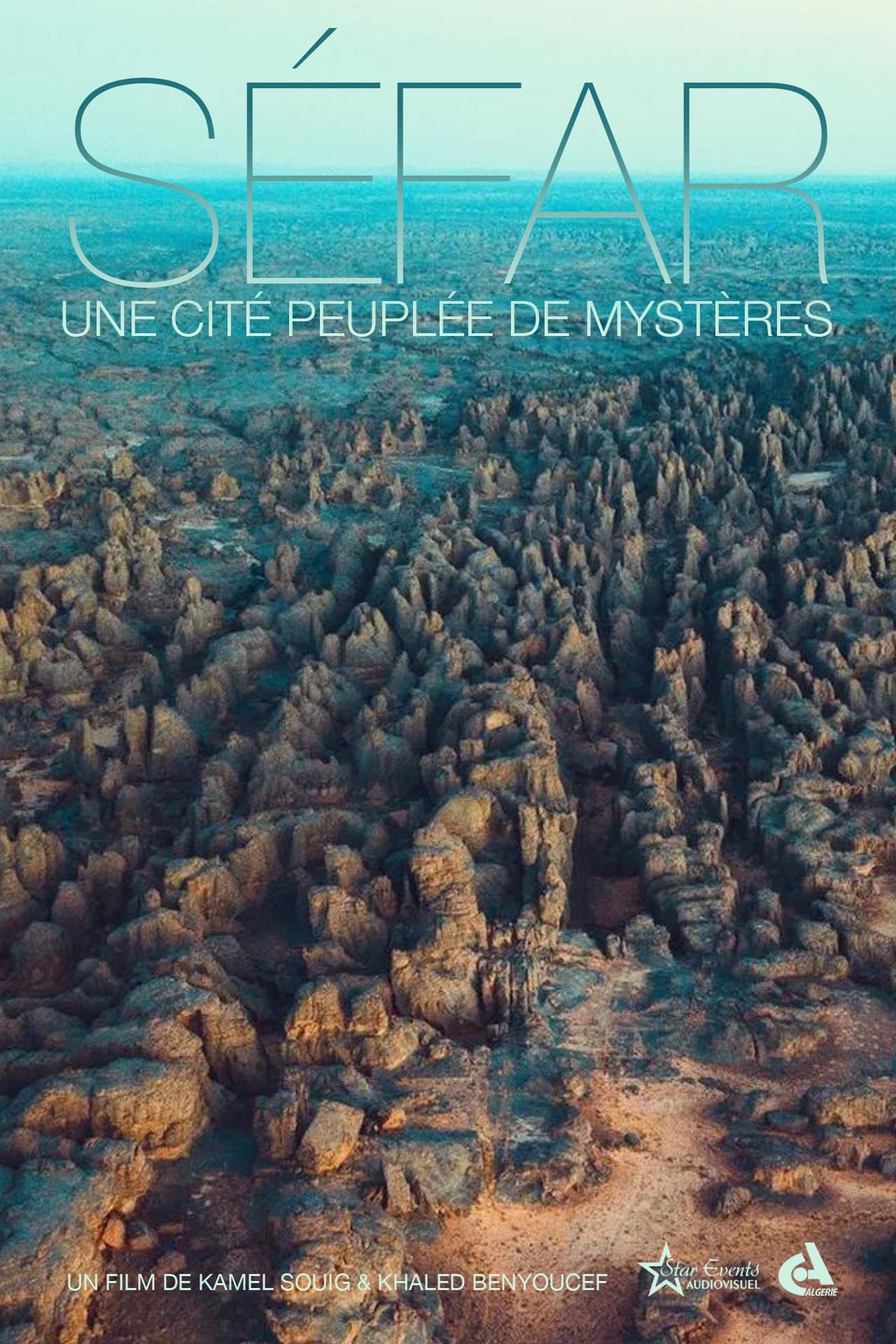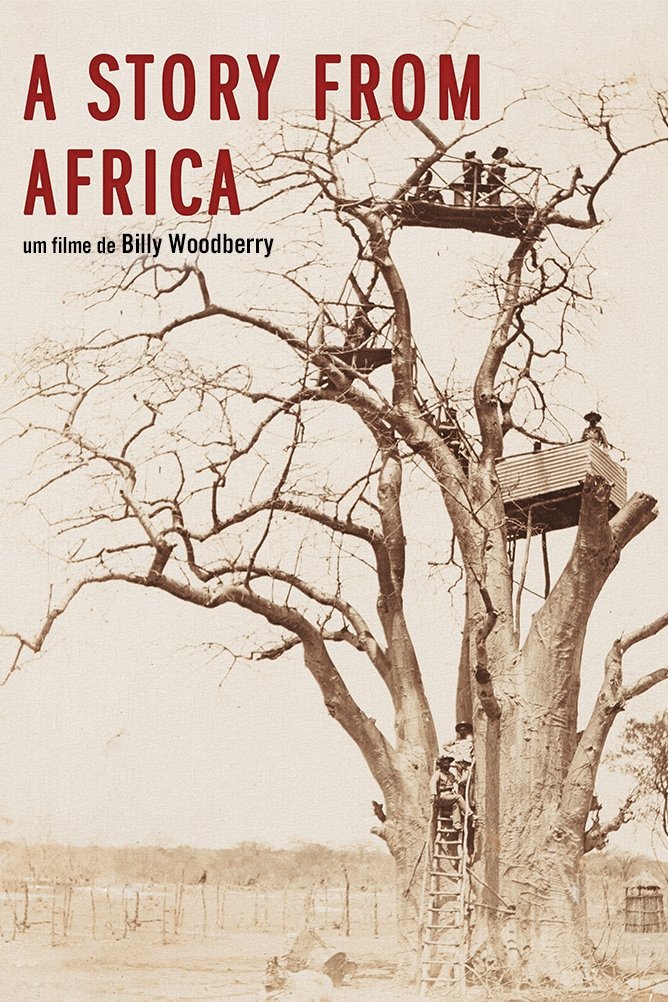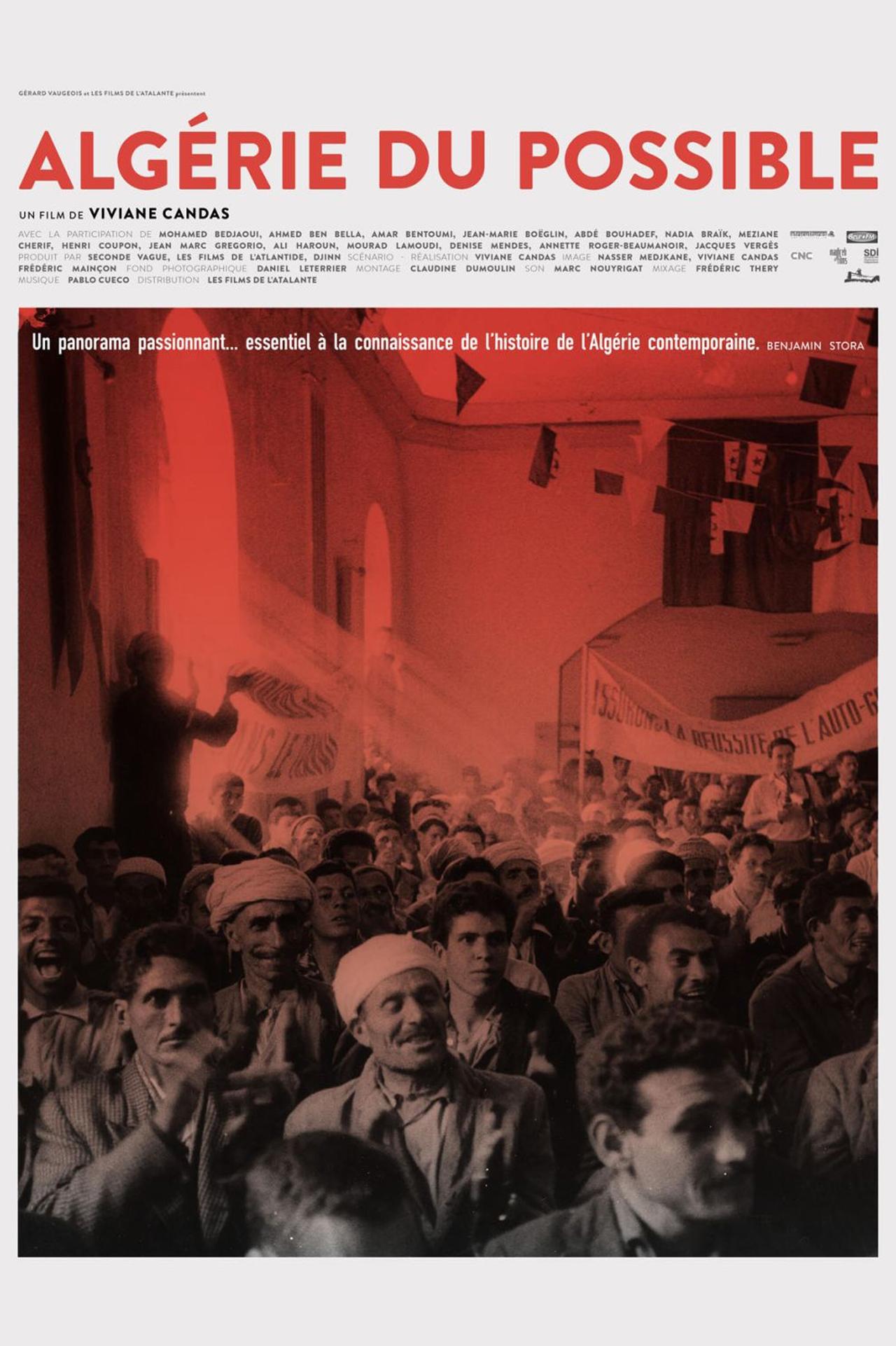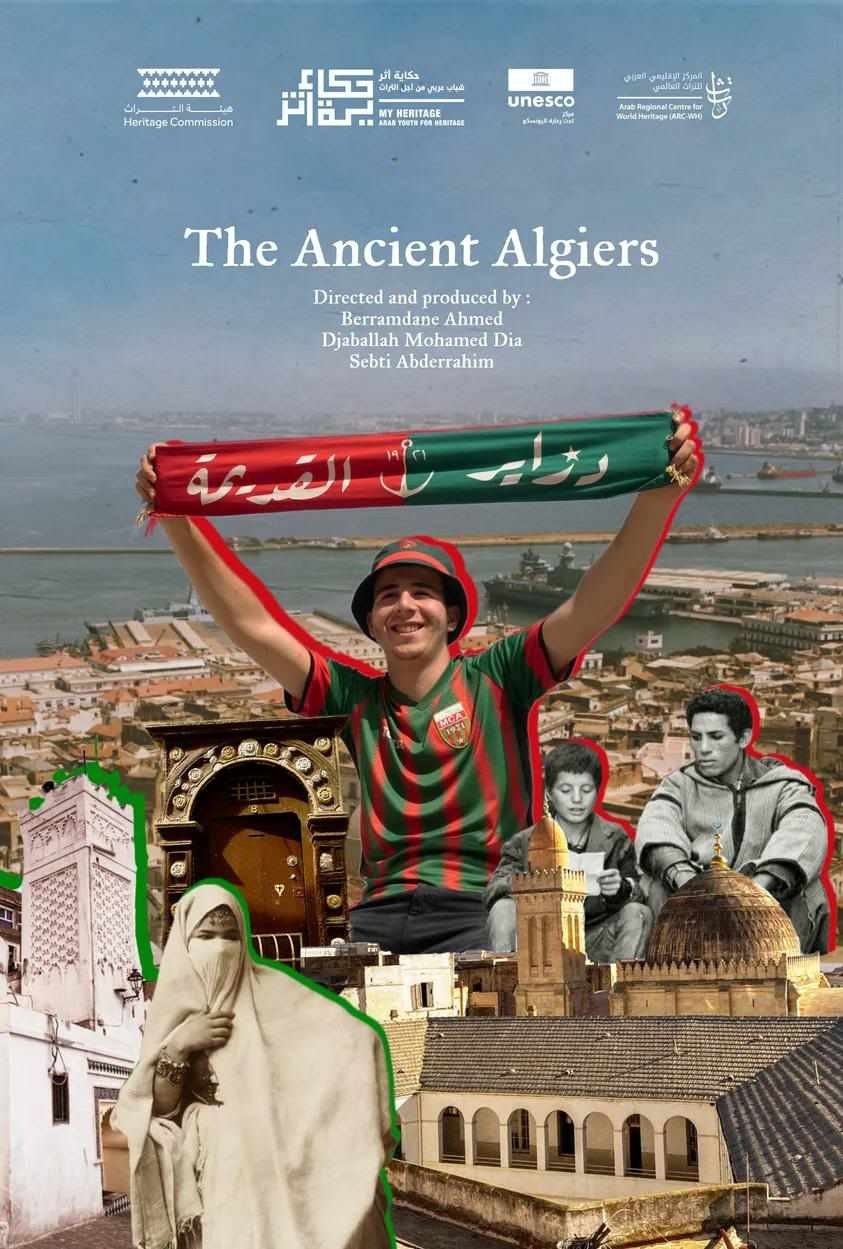
Palestro, Algérie : Histoires d'une embuscade (2012)
Released:
2012-03-20
Duration:
1hr 30min
Genres:
Documentary
Rating 0.0
Overview
Production Companies

Les Poissons Volants

CNC

PROCIREP
Additional Info
| Budget | $0.00 |
|---|---|
| Revenue | $0.00 |
| Original Language | fr |
| Popularity | 0.111 |
Directed By
Rémi Lainé
Crew
Director
Rémi Lainé
Rémi Lainé
Writer
Rémi Lainé
Rémi Lainé
Novel
Raphaëlle Branche
Raphaëlle Branche
Editor
Josiane Zardoya
Josiane Zardoya
Sound
Stephan Bauer
Stephan Bauer
Sound
Jean-Pierre Fénié
Jean-Pierre Fénié
Sound
Gilles Cabau
Gilles Cabau

